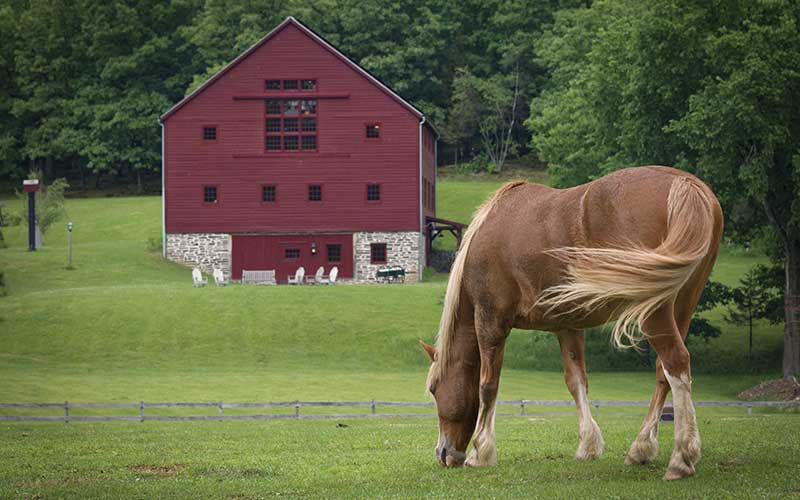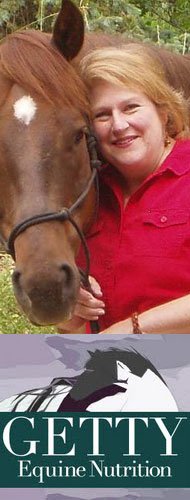Horse Health
Add A Serving Of Caution To That Tender Spring Grass
Spring is almost upon us in most of the country, so it’s time to revisit that critical topic: spring grazing.
Transitioning a horse from hay to pasture must be handled with care; this point is non-negotiable. For every horse, a gradual change from hay to grass is required to allow the digestive system to adapt, but for the insulin-resistant horse, grazing time and duration can make the difference between soundness and a disabling condition like laminitis. This time of year can be a test of patience for horse—and owner. The horse may be pawing at the gate to get to the first taste of tender spring grass, yet the owner must pay close attention to making the transition safe and healthful.
As the leaves form from the first spring sprouts, the sugar and starch content increases, making it especially tempting. Regardless of the growth stage, quantities should be monitored because horses crave fresh grass and will eat volumes of it, making their overall non-structural carbohydrate (NSC) consumption dangerously high for horses who are overweight, older horses who have cushing disease, or who have experienced pasture-related laminitis. Temperature and sunlight play a major role in the amount of NSC accumulation. To be safe, here are the rules:
- When the night temperature is below 40 degrees F, the grass is too high in NSC.
- Once it gets above 40 degrees F at night, the lowest NSC level is before the sun rises.
- The NSC level is highest in late afternoon, after a sunny day.
There is no exact “best time” to turn out your horses on pasture. Generally speaking in moderate climates, it’s safest before dawn, until approximately 10:00 am, and then again at night, starting at around 11:00 pm. Start slowly, offering hay when horses are not on fresh grass. Finally, test your pasture! Yes, testing is not only for hay. It will take the guesswork out of knowing which times are best.
Thank you Dr. Juliet M. Getty, PhD, for sharing this informative article.
Getty Equine Nutrition, LLC
Author of Feed Your Horse Like A Horse and the Spotlight on Equine Nutrition series.


